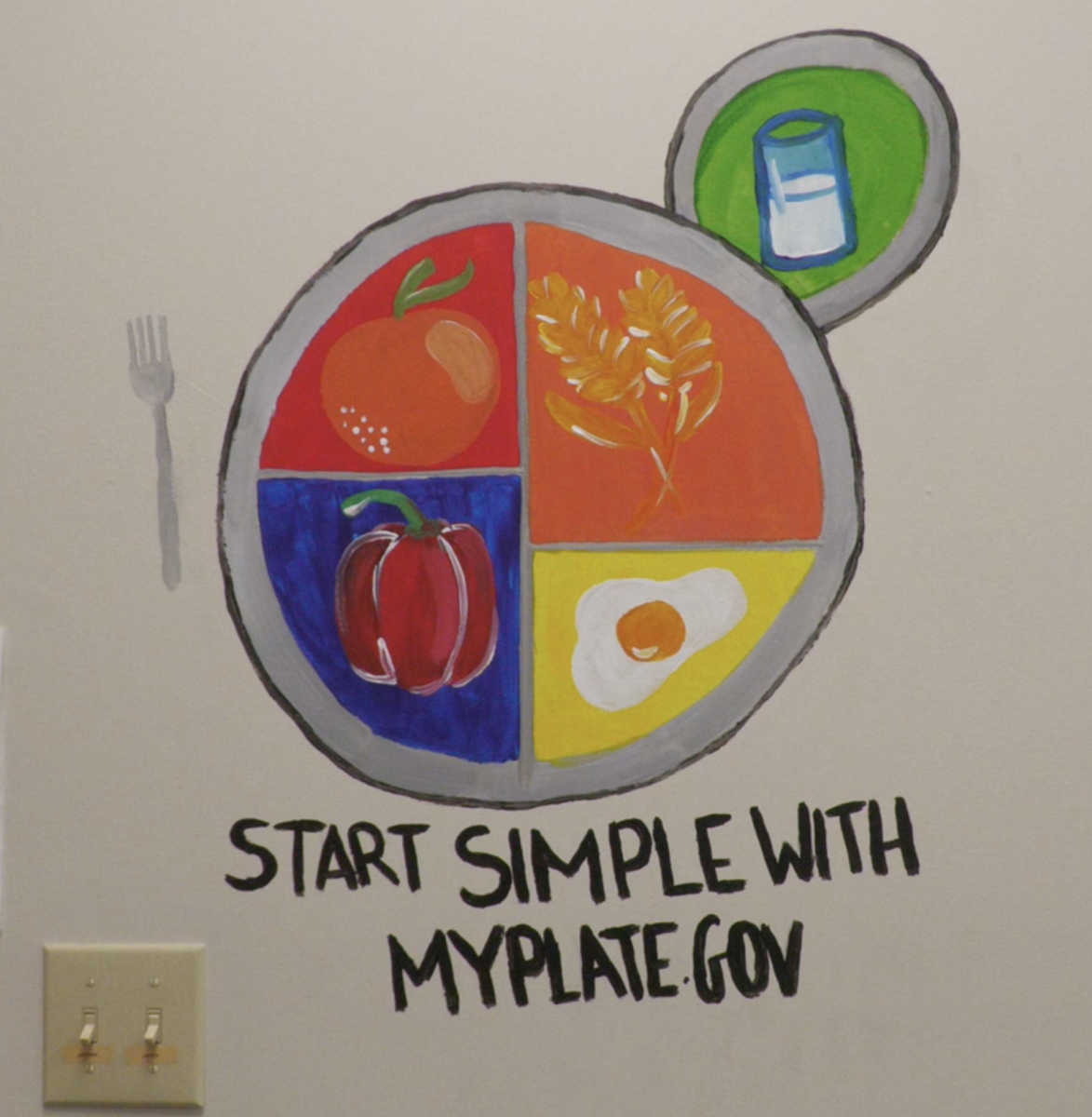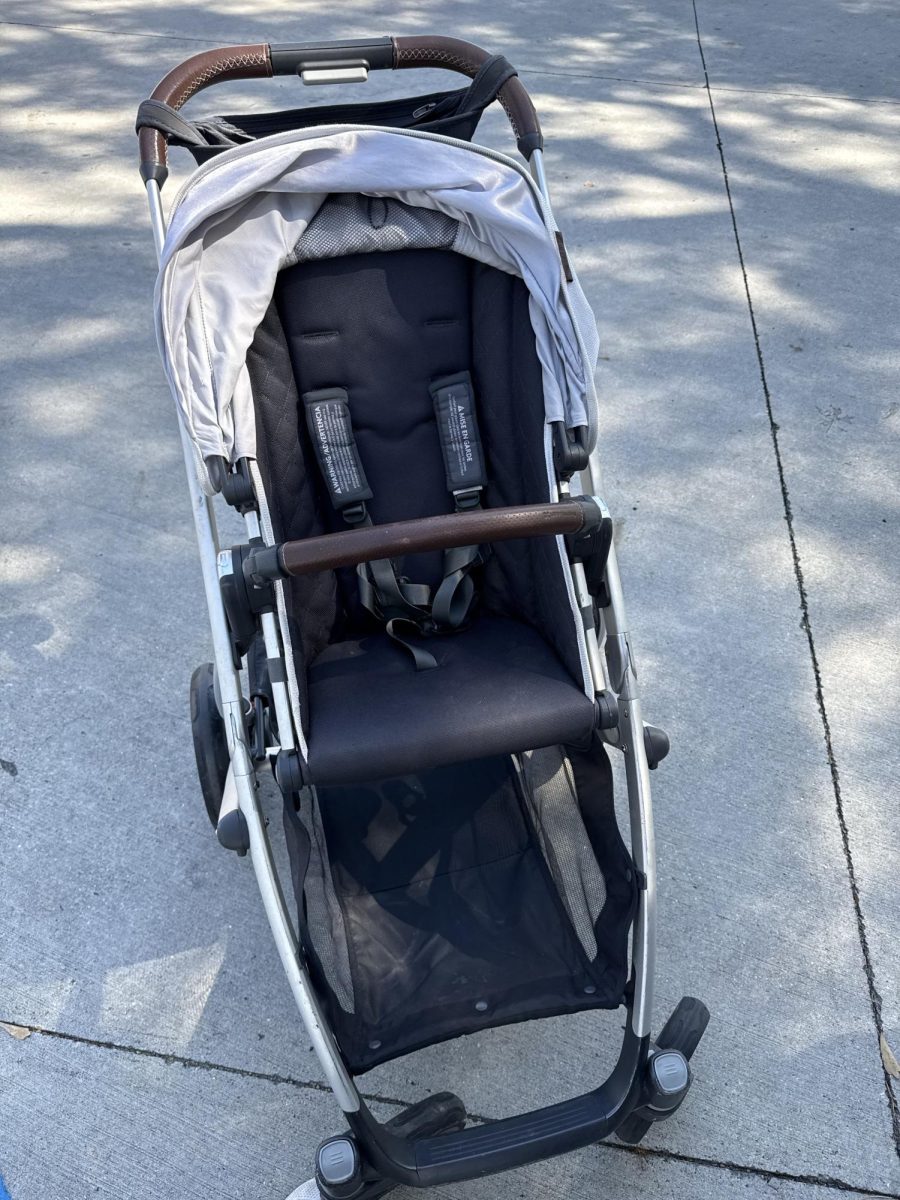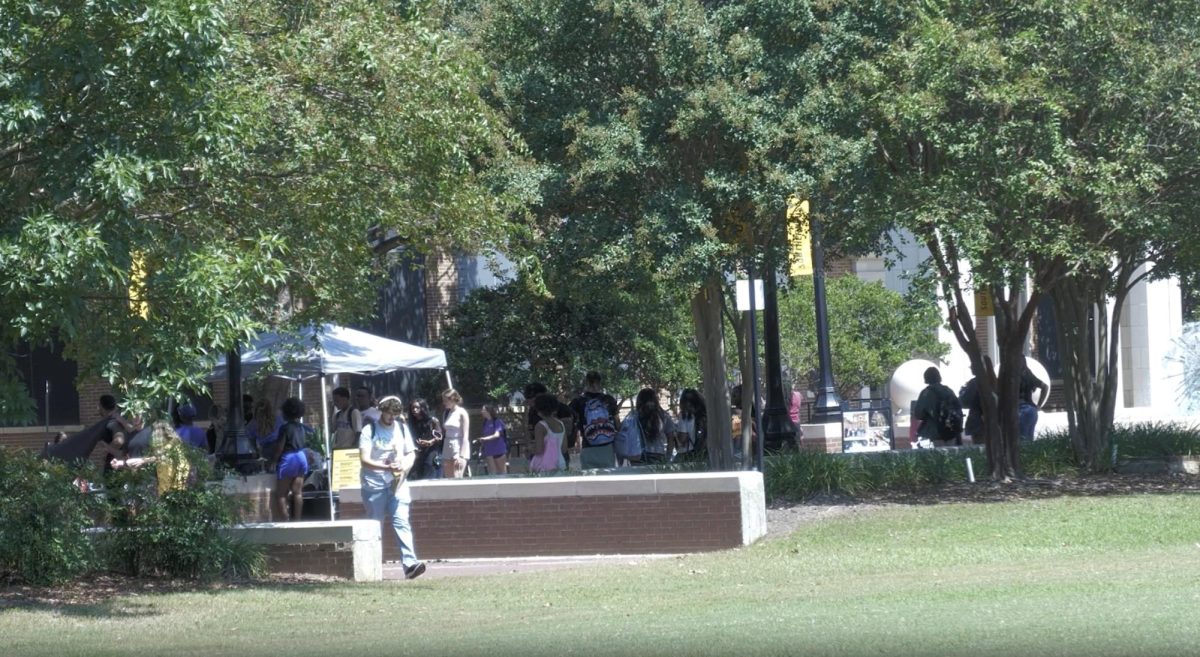Mississippi’s adult obesity rate ranks among the highest in the nation, with more than 40 percent of adults classified as obese, according to the Mississippi State Department of Health. The state is third in the country for adult obesity, with approximately 1.2 million residents affected.
Obesity increases the risk of chronic conditions, including diabetes, heart disease, strokes and certain cancers. Multiple factors contribute to Mississippi’s obesity rates including food insecurity, education and food deserts.
Food insecurity occurs when people lack reliable access to sufficient food. An indicator of food insecurity is not knowing where the next meal will come from. Local food pantries often provide support to residents in need.
The Edwards Street Fellowship Center, a nonprofit in Hattiesburg, serves residents in Covington, Forrest, Jasper, Jeff Davis, Jones, Lamar and Wayne counties. Its food pantry provides monthly food bags containing rice, beans, fresh fruits and other essentials.
“When we do our canned food drives, we really try and put the word out, asking people to be aware that they are buying food that’s as nutritious as possible,” said Executive Director Ann McCullen. “So, we ask that food be packed in water or juice rather than a heavy syrup.”
McCullen said the pantry focuses on providing basic, nutritious items rather than treats.
Education is another factor influencing obesity rates, experts say. Some schools and programs lack resources to provide comprehensive health education, while traditional family recipes and habits can affect dietary choices.
“One key thing that we can always focus on is early childhood intervention,” said Dr. Vickie Reed, assistant director of public health in the School of Health Professionals at the University of Southern Mississippi.
Reed said introducing children to healthy lifestyle choices early can improve long-term outcomes. Students at USM are also required to take basic health classes covering mental health, nutrition, exercise, sleep and technology use.
“There are things in that course that we hope you grasp onto that will take you further in life,” Reed said. “Rather than nutrition habits, better eating habits, exercise, sleep and proper use of technology.”
Reed said Mississippi’s culture of food-centered gatherings and traditional high-fat dishes also affects residents’ health. She encourages families to explore healthier preparation methods.
Food deserts, areas with limited access to affordable and nutritious food, are widespread in Mississippi. Convenience stores in these areas often stock primarily packaged or processed foods.
“If you live here in Mississippi in an area with a food desert, that might contribute to obesity,” Reed said. “What’s in a convenience store? A lot of packaged items.”
She suggested shopping at stores such as Dollar General, which carry fresh fruits, produce and some unprocessed meats.
Experts say adopting healthier habits, staying active, and educating oneself about nutrition can help residents address obesity and its health risks.
For more information on Mississippi’s health initiatives and obesity strategies, visit the Mississippi State Department of Health at https://msdh.ms.gov/page/43,0,289.html.
Categories:
Mississippi Ranks High in Adult Obesity
Gabrielle Cox
|
August 27, 2025
0
Donate to SM2
Your donation will support the student journalists of University of Southern Mississipi. Your contribution will allow us to purchase equipment and cover our annual website hosting costs.
More to Discover



























